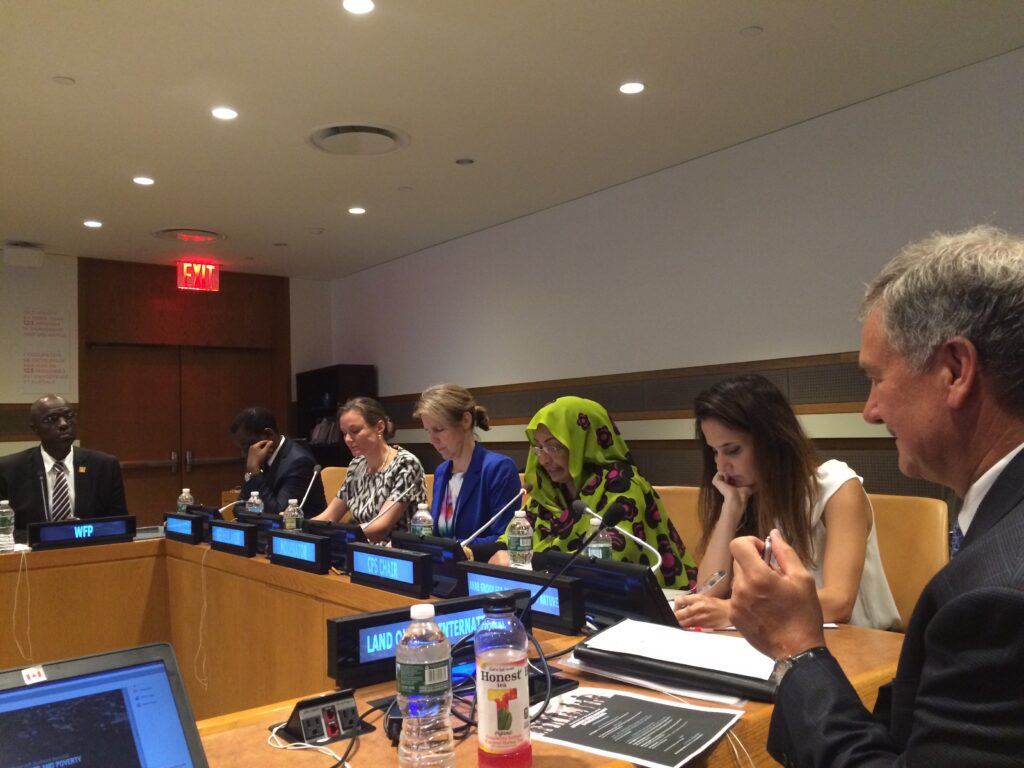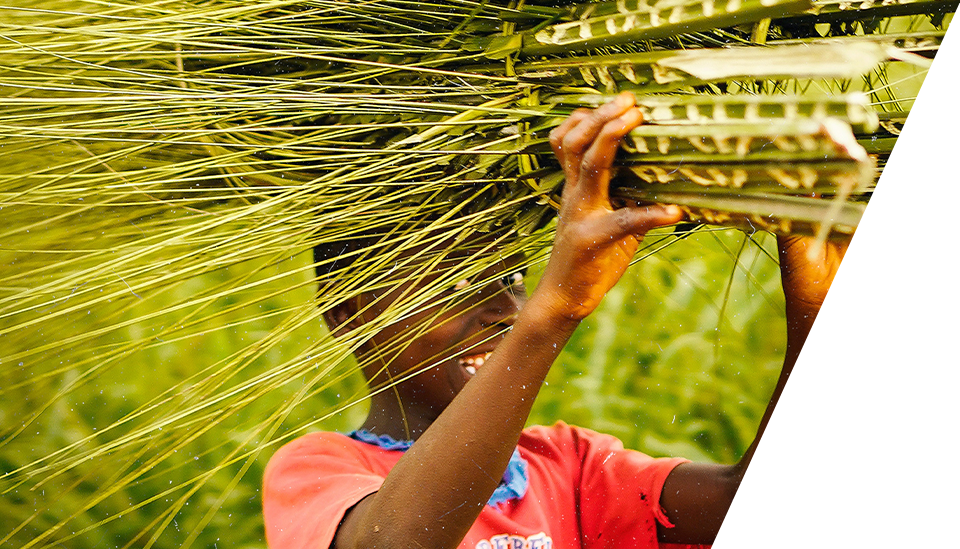Reaching those left furthest behind: Addressing Hunger And Poverty In Protracted Crises
A Side-event to the high-level political forum 2017

With 20 to 30 million people at immediate risk of famine in July 2017 in only four countries, the world is currently facing levels of food insecurity unprecedented since world war II. One of the main causes of this dramatic regression is protracted crises, often triggered by conflicts, climate shocks, or both; and their complexity makes successful interventions particularly challenging: Zero hunger is an illusion in a world affected by protracted crises.
In the context of the 2030 Agenda for Sustainable Development’s central pledge to leave no-one behind, of the review of progress on “Ending hunger, achieving food security and improved nutrition and promoting sustainable agriculture” (SDG2), as well as growing acknowledgement within the Security Council of the importance of the “hunger-conflict nexus”, the intergovernmental and multi stakeholder Committee on World Food Security (CFS) and the UN Rome based agencies FAO, IFAD and WFP, in collaboration with the Permanent Mission of the Netherlands to the UN, proposed a side-event to the High-Level Political Forum on Sustainable Development 2017 “Reaching those left furthest behind : Addressing Hunger And Poverty In Protracted Crises”.
This side-event, targeting members and stakeholders in New York and other national and global actors, linked the “New Way of Working” called for by Resolutions in New York, to efforts in Rome to bridge humanitarian assistance and long-term development by working together to simultaneously address immediate food security and nutrition needs, and strengthen the resilience of agricultural systems and livelihoods. In this context, it presented the CFS Framework for Action for Food Security and Nutrition in Protracted Crises (CFS-FFA), an integrated framework negotiated by CFS members and stakeholders with the technical support of the three Rome based Agencies, and endorsed in October 2015. An interactive video and panel discussion comprised of CFS members and stakeholders, together with the audience, outlined guiding principles and issues of particular relevance to addressing today’s crises.


